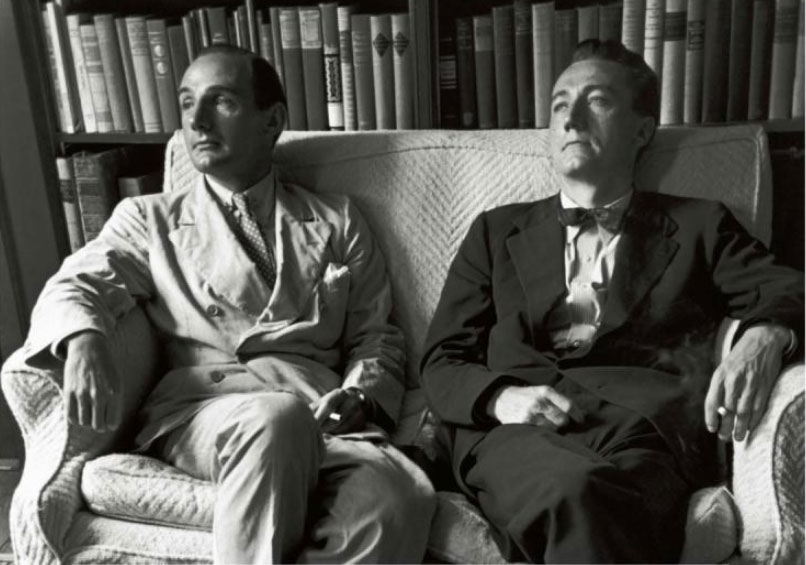

He was the only one of the family to survive what Francois Maurois, in his introduction, calls the "human holocaust" of the persecution of the Jews, which began with the restrictions, the singularization of the yellow star, the enclosure within the ghetto, and went on to the mass deportations to the ovens of Auschwitz and Buchenwald. Cold War policy.Įlie Wiesel spent his early years in a small Transylvanian town as one of four children. Alsop’s vehement, unrepentant support of the Vietnam War and President Richard Nixon, however, threw him out of sync with a new American generation.Īn intricate study of the personalities that shaped U.S. Joseph McCarthy, Herken helps guide readers through the intimate murk of espionage detail, moving from events in North Korea to Berlin to Cuba. Tracing the thread of Alsop’s columns through these harrowing years, including his early denouncement of Sen. Other Harvard alumni who shaped the alarmist anti-Soviet tone of the postwar era and served as Alsop’s sources were Charles “Chip” Bohlen and George Kennan, both of whom served as ambassador to the Soviet Union and both of whom, along with former OSS officers Frank Wisner and Allen Dulles, would be instrumental in setting up the U.S.


Alsop’s Sunday dinners were notorious for loud, boisterous and somewhat terrifying political discussions from these, he would glean his next column. effort to bolster Chiang Kai-shek’s Nationalists) with a vigorous anti-communist bent, Alsop started a long-running, influential column with his younger brother, Stewart, in the New York Herald Tribune, assiduously cultivating political connections-e.g., with Georgetown neighbors Phil and Katharine Graham, publishers of the Washington Post. Returning from World War II (where he enlisted in the U.S. Kennedy during the 1950s and ’60s and amplifies it into a spiraling delineation of the official American response to the perceived Soviet threat.Īnti-Soviet crusading journalist Alsop was one of the first of the “WASP ascendancy” to inhabit the stylish, old political village of Georgetown on the Potomac River in Washington, D.C. of California, Santa Cruz, Brotherhood of the Bomb: The Tangled Lives and Loyalties of Robert Oppenheimer, Ernest Lawrence and Edward Teller, 2002, etc.) takes a rather clever idea promising titillating gossip among neighbors Joseph Alsop, Phil Graham and John F.

Herken (Emeritus, Modern American Diplomatic History/Univ.


 0 kommentar(er)
0 kommentar(er)
